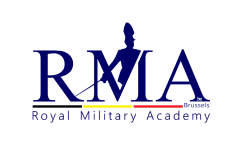Royal Military Academy (RMA)
The Royal Military Academy is a Belgian federal institution of university education and research. It is responsible for the academic, military and physical training of future officers, and for the continuing advanced training of officers during their career.
Read More
Show Less

Centre National De La Recherche Scientifique (CNRS)
The Centre National De La Recherche Scientifique (CNRS) is located in Lille, France, within the Lab called CRISTAL.
Read More
Show Less
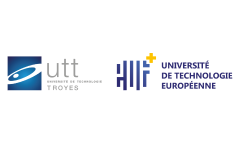
Troyes University of Technology (UTT)
With 3500 students, 200 faculty members, Troyes University of Technology in one of the largest Engineer School in France. It was created in 1996 with research, with a strong emphasis on research, especially on statistical system modeling and security.
Read More
Links:
Show Less
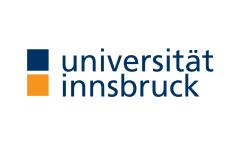
University of Innsbruck (UIBK)
Located in the heart of the Alps, the University of Innsbruck (UIBK) is home for over 27,000 students and 5,000 staff members. UIBK’s Security and Privacy Lab is a leading research hub for interdisciplinary research in the fields of information forensics and security.
Read More
Show Less
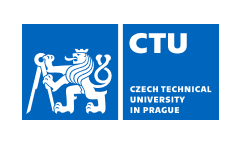
Ceske Vysoke Uceni Technicke V Praze (CTU)
The Czech Technical University in Prague (CTU) is one of the largest and oldest technical universities in Europe. CTU occupies first place in the rankings for technical universities in the Czech Republic. CTU currently has eight faculties and more than 17,800 students.
Read More
Show Less
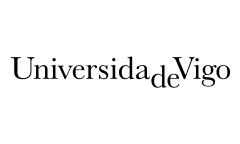
Universidad De Vigo (UVIGO)
The University of Vigo is a public University located in Galicia (Northwest of Spain). It has 3 campus: the main one located in Vigo, and 2 more in Pontevedra (30 Km from Vigo) and Ourense (95 Km). UVIGO has placed a considerable emphasis on R&D activities by way of numerous funded projects, as well as through its various services and research centres.
Read More
Show Less
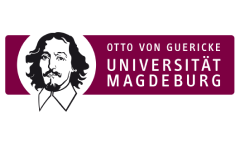
Otto-von-Guericke University Magdeburg (OVGU)
The Otto-von-Guericke-University Magdeburg (OvGU) is one of Germany’s youngest universities having been founded in 1993 in a merger of three older institutions of higher education. Representing OvGU within UNVOVER is the Advanced Multimedia and Security Lab (AMSL) as part of the Department of Computer Science.
Read More
Show Less
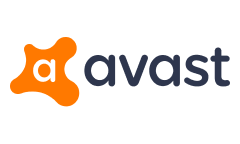
AVAST Software S.R.O. (AVAST)
Avast is a global leader in digital security and privacy, headquartered in Prague, Czech Republic. With over 435 million users online, Avast offers products under the Avast and AVG brands that protect people from threats on the internet and the evolving IoT threat landscape.
Read More
Show Less

GRADIANT: Galician Research Center in Advanced Telecomunications (GRAD)
Gradiant is a Research and Technology Organization (RTO) focused on connectivity, intelligence and security technologies. Gradiant is an innovation provider, with over 10 years of experience on technology incubation and more than 100 engineers, Gradiant has a footprint in 30 countries and over 370 customers.
Read More
Show Less
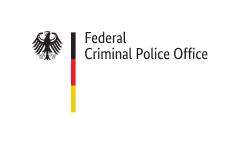
Bundeskriminalamt (BKA)
Federal Criminal Police Office in Germany
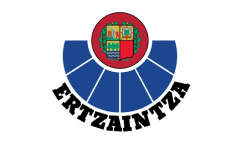
Gobierno Vasco – Departmento Seguridad (ERTZ) – Former Partner
Ertzaintza (ERTZ) is the police force of the Basque Country. It is a comprehensive police that assumes the bulk of the remits in matter of security, coexisting with the Local Police Forces and the State Security Forces.
Read More
Links:
Show Less

Nationaal Instituut voor Criminalistiek en Criminologie (NICC)
Resorting under the Ministry of Justice, and acting as the Belgian central authority on forensic research, the National Institute for Criminalistics and Criminology (NICC) has three main missions. First, it realizes forensic analyses on demand of the judicial authorities, in the criminalistics domains of genetics, biology, analytical chemistry, drugs, toxicology, ballistics, and digital information.
Read More
Show Less
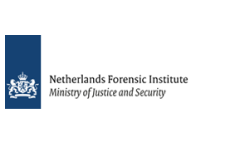
Netherlands Forensic Institute (NFI)
The Netherlands Forensic Institute (NFI) is a part of the Ministry of Justice and Security provides products and services to a wide range of national and international clients.
Read More
Show Less
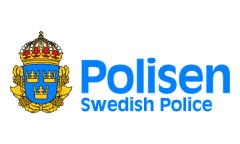
Swedish Police Authority (SPA)
The Swedish National Forensic Centre, NFC, is an expert organization within the Swedish Police Authority with an overall responsibility for forensics. NFC conducts forensic investigations and analyses on behalf of the judicial authorities. Our mission is to integrate, consolidate and streamline the national forensic services to meet society’s need. An important part of NFCs operation is to conduct R&D within the field of forensic science. NFC conducts R&D to ensure forensic capabilities both now and in the future.
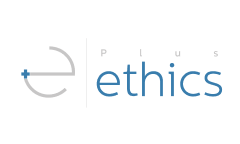
Plus Ethics (Eth+)
Plus Ethics is a private start-up founded in partnership with the University Miguel Hernández of Elche (Spain), aimed at supporting and solving ethical and legal issues in research and innovation projects.
Read More
Show Less
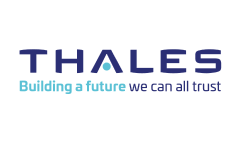
THALES SIX GTS (THALES)
THALES SIX GTS FRANCE SAS (TSG) revenues exceed 1 billion Euro with 6.900 employees. TSG addresses every activity related to telecommunications: wireless communications, IP networks, satellite communication, network administration and security.
Read More
Show Less
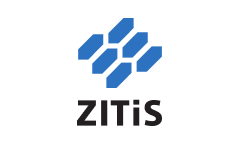
Central Office for Information Technology in the Security Sector (ZITiS)
The Central Office for Information Technology in the Security Sector (ZITiS) is a research and development organization within the portfolio of the German Federal Ministry for the Interior. As part of the Cyber security strategy of Germany, ZITiS takes on a central role in the research and development of solutions, methods, tools and comprehensive strategies for improving domestic security.
Read More
Show Less
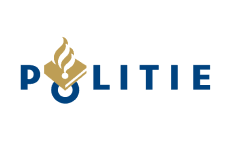
The National Police of the Netherlands (NPN)
The National Police of the Netherlands consists of Regional Units, the Central Unit and the Police Services Centre. Each Unit include Frontline Teams, which answer calls for emergency assistance, patrol the streets, advise on crime prevention, resolve traffic-related issues, conduct basic investigative activities, assist the public, process official reports and share information within their networks.
Read More
Show Less

SYNYO GmbH (SYNYO)
SYNYO is an applied-research company focusing on security, social science, and technology, and it is based in Vienna, Austria. SYNYO explores, develops and implements novel methods, approaches, technologies and solutions in various domains for tackling societal, political, ecological and economical challenges.
Read More
Show Less
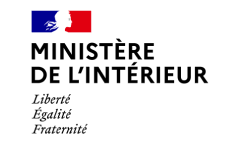
Centre Technique d’Assistance – Ministère de l’Intérieur – France (CTA)
The CTA (Centre for Technical Assistance) is a law enforcement agency of the French Minister of Interior. The CTA helps both judicial authorities and investigative services when they are facing, during investigation, seized digital media which plain content cannot be accessed (encrypted data, locked devices …).
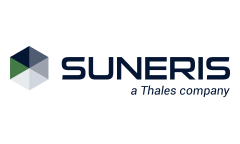
SUNERIS (SUNERIS)
SUNERIS is part of the THALES Group and is located in France. The company delivers solutions for the supervision and control of telecommunication network traffic.
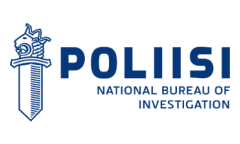
NBI Forensic Laboratory (NBI)
The National Bureau of Investigation (NBI) is one of the national police units under the Finnish National Police Board, which is the administrative central agency of the Finnish Police. NBI carries out sophisticated, large-scale measures to combat crime.
Read More
Show Less
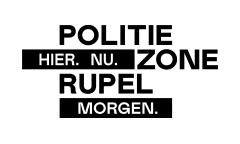
Local Police Rupel
Local Police Rupel (LPR) is a Belgian law enforcement agency. As one of the 184 local police forces in Belgium, located in the province of Antwerp, it provides basic police care for more than 63.000 citizens in the municipalities of Boom, Hemiksem, Niel, Rumst and Schelle.
Read More
Show Less



